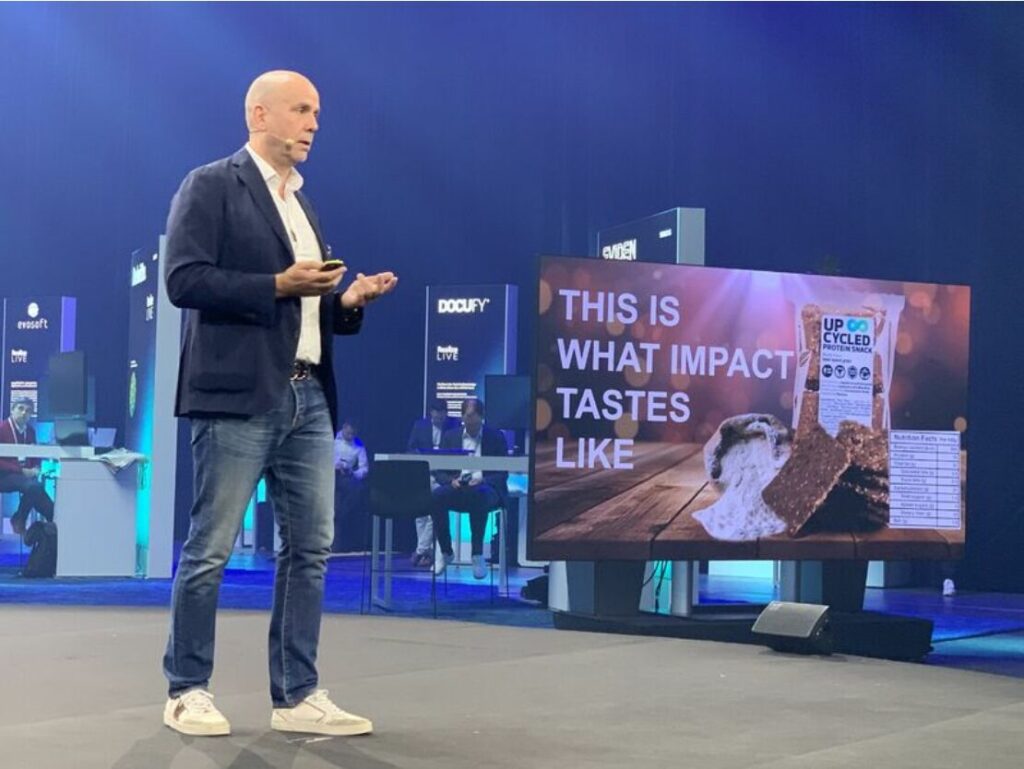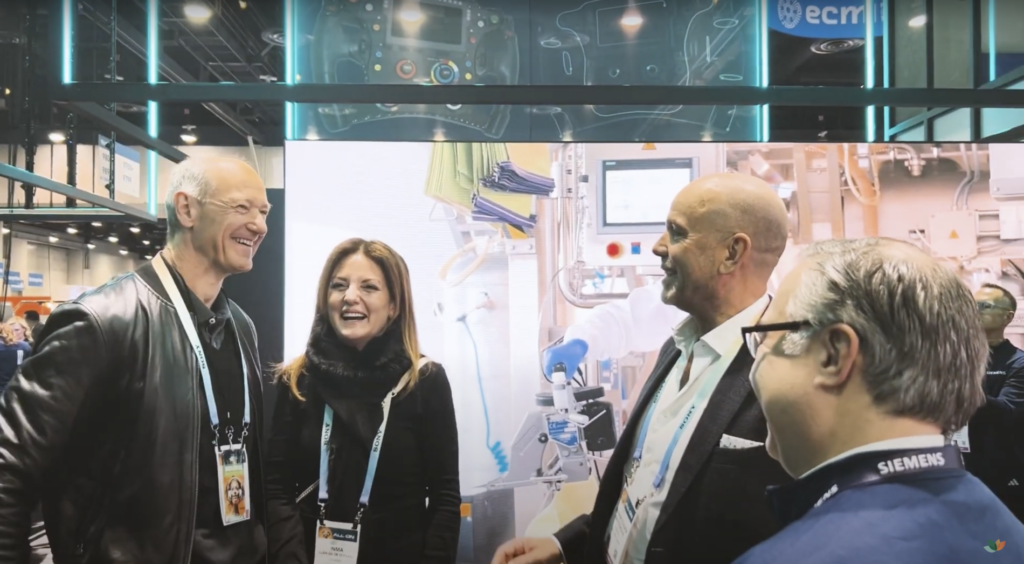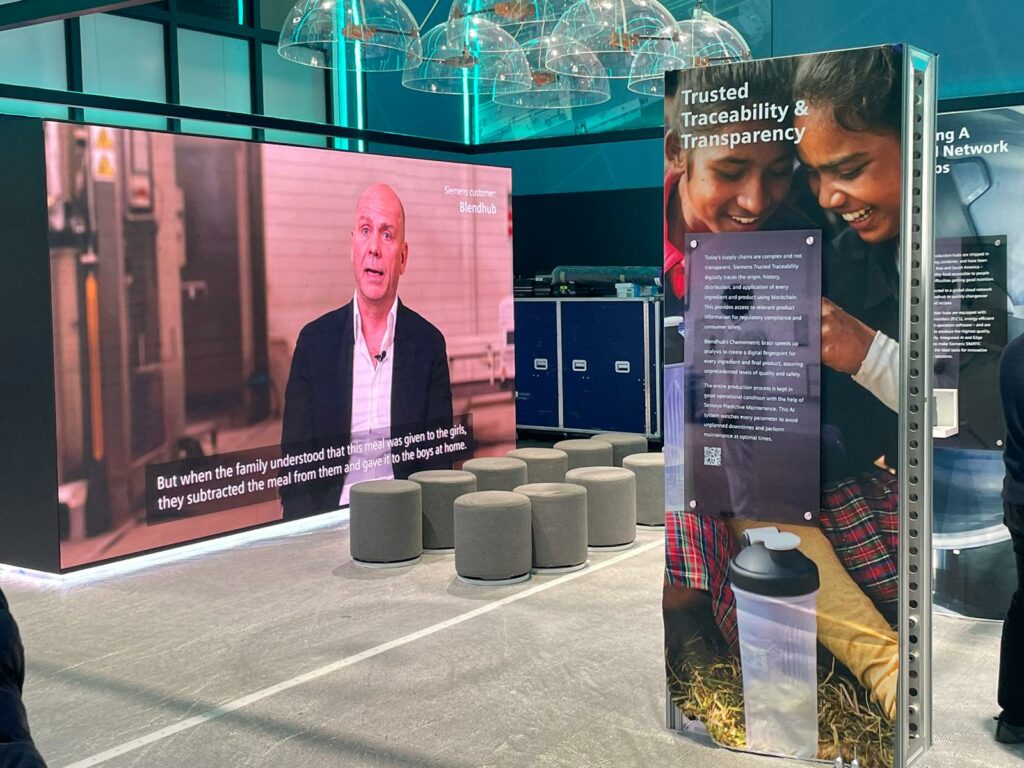Much of the value of innovation is the ability to solve significant challenges for society. In recent years, a large part of disruptive innovation has occurred in the digital environment, however, some of the biggest challenges to be resolved still belonged to the environment of traditional industries, such as food. How to feed 9 billion people by 2050? How to ensure the safety of food? How to tackle malnutrition? In a recent interview published in Financial Times, Bill Gates raised some interesting issues in relation to innovation and the areas where further efforts are required to generate a real social impact, such as health, which his foundation supports.
Addressing complex issues such as eradicating polio requires not only financial investments and philanthropy, he explains, but also involvement to solve small everyday challenges which can help to address the major challenge of “zero infections”. An example: keeping the cold chain of vaccines in developing countries from the point of distribution to that in which they are required. Nevertheless, as Bill Gates argues in the interview with Richard Waters, problems like these are “too low-tech to attract the world’s best brains” and not sexy from the point of view of science or innovation.
Following on innovation, it is interesting how the Bill and Melinda Gates Foundation addresses the challenge of eradicating poliomyelitis in a comprehensive way, not limiting themselves to charity or providing money to humanitarian institutions, and drawing on the experience of management involved in the world of fast-moving technology to involve local communities.
Also, his observation seems appropriate about the value of companies and their responsibility, which again can be applied to innovation. “Industries are only valuable to the degree they meet human needs. There’s not some – at least in my psyche – this notion of, oh, we need new industries. We need children not to die, we need people to have an opportunity to get a good education”, he says.
Returning to the challenge on how to feed 9.5 billion people, I find the approach of companies like Hampton Creek very inspiring, which the Bill and Melinda Gates Foundation itself has chosen as one of three companies shaping the future of food. Its CEO, Josh Tetrick, explains in a TEDx Talk below why he thinks that the food industry is a broken process and how his company pretends to challenge the status quo, using technology and research to produce food sustainably by plants, but reproducing the properties of products like an egg, whose cost and model of production have a huge environmental impact.



